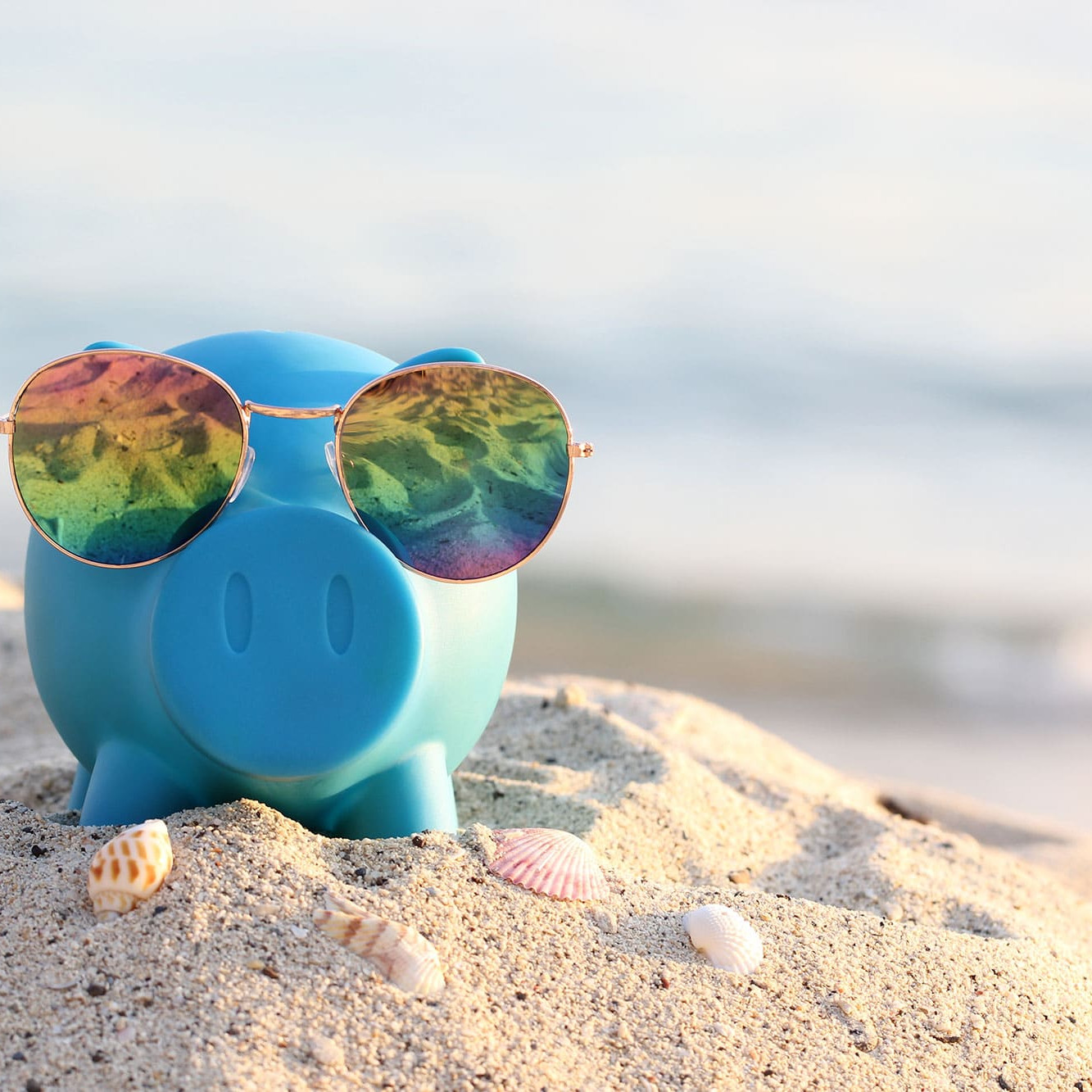Traveling on a Budget
Real Tips That Actually Work
Travel doesn’t have to break the bank. Whether you’re heading out for a weekend getaway or planning something longer, there are ways to see new places without spending more than you can afford.
Plenty of people think travel is only for those with extra cash, but that’s not the case. The real difference is in how you prepare. Budget travel isn’t about giving up good experiences—it’s about making better choices before and during your trip.
This guide covers smart, realistic ways to plan travel that fits your budget. No vague advice, just simple tips that work in everyday life.
Start with a Realistic Travel Budget
Before you look at flights or hotels, figure out what you can actually spend. That includes the full picture: transportation, lodging, meals, activities, and a little extra for the unexpected.
One mistake people make is pulling from savings without a clear plan. Instead of guessing how much to set aside, take a step back and look at your income and overall budget.
It helps to know how much of your income should go toward different goals. For example, financial planners often talk about budgeting guidelines, including what percentage of paycheck should go to savings. Keeping that in mind while setting aside money for travel can help avoid dipping into savings that should be left untouched.
When you plan your trip with your broader financial goals in mind, you’re less likely to come home stressed about what you spent.
Build your travel budget like you would any monthly expense. Set a total cap, then divide it up by category: airfare, lodging, transportation, meals, and entertainment. You’ll get a better sense of where to save and where you might spend a little more.

Travel During the Off-Season
Timing matters. Traveling during off-peak months can make a huge difference in cost. Flights, hotels, and even attractions often drop their prices outside of busy travel periods.
Try flying mid-week instead of over the weekend. If your schedule allows, avoid holidays and school vacation periods. Visiting destinations in their shoulder seasons, just before or after peak time, can also help you score better deals without missing out on good weather or experiences.
You’ll likely enjoy smaller crowds and more flexible booking options, too.

Use Credit Card Rewards or Points
If you have a travel rewards credit card or one that offers cash back, you can use those points to help cover some of your trip expenses. Flights, hotel stays, or car rentals can often be booked using accumulated points.
Just be careful. Using a credit card for travel only makes sense if you can pay off the balance in full when it’s due. Otherwise, the interest adds up fast and cancels out any benefits.
Stay Somewhere Budget-Friendly
Where you stay can take up a large part of your travel budget. The good news is that there are more options than ever. Hotels are just one route. Hostels, vacation rentals, and even house-sitting platforms offer affordable alternatives.
If you’re open to sharing space, you can save a lot by booking a private room instead of an entire unit. In some cases, staying just outside the city center gives you lower nightly rates without sacrificing convenience. Public transportation or short rideshares can still make those spots accessible.
Booking in advance helps you get better deals. Compare prices on more than one platform, and check for discounts or last-minute offers.
Prioritize Free and Low-Cost Activities
You don’t need to book expensive tours to have a good time. Some of the best travel experiences are either free or cost very little.
Look for local events, street festivals, or public performances. Many cities have free walking tours, museums with no admission on certain days, and parks with great views. Ask locals or check bulletin boards at hostels or community centers for free things to do.
Markets, beaches, hiking trails, or city landmarks often cost nothing. You still get to explore and enjoy the place without spending extra.

Keep Food Costs Low
Eating out three times a day adds up fast. To save money, try mixing it up. Shop at local markets or grocery stores for snacks, breakfast items, or picnic meals. You’ll spend less and still enjoy local flavor.
When you do eat out, ask for recommendations away from tourist areas. Smaller local restaurants usually offer better prices and authentic food. Try lunch specials or street food for budget-friendly options that still feel like a treat.
If you’re staying somewhere with a kitchen or even a mini fridge, use it. A few meals “at home” can make your money stretch further.

Track Your Spending on the Trip
Once you’re on your trip, it’s easy to lose track of what you’ve spent. A quick coffee here, a souvenir there, and it all adds up. That’s why tracking your expenses each day helps you stay within your budget.
Use a notes app on your phone or a free budgeting tool to log what you spend. Even writing it down by hand works. You’ll see how close you are to your daily limit and spot areas where you might pull back if needed.
This habit helps you enjoy your trip without worrying about going over budget.
Budget travel doesn’t mean cutting all the fun; it just means planning with intention. When you take time to set limits, pick the right dates, and look for small ways to save, you’ll get more out of your trip without added stress.
A thoughtful plan keeps your trip enjoyable and your money on track. And the better you manage your travel budget, the more freedom you’ll have to take the next trip when the time is right.

